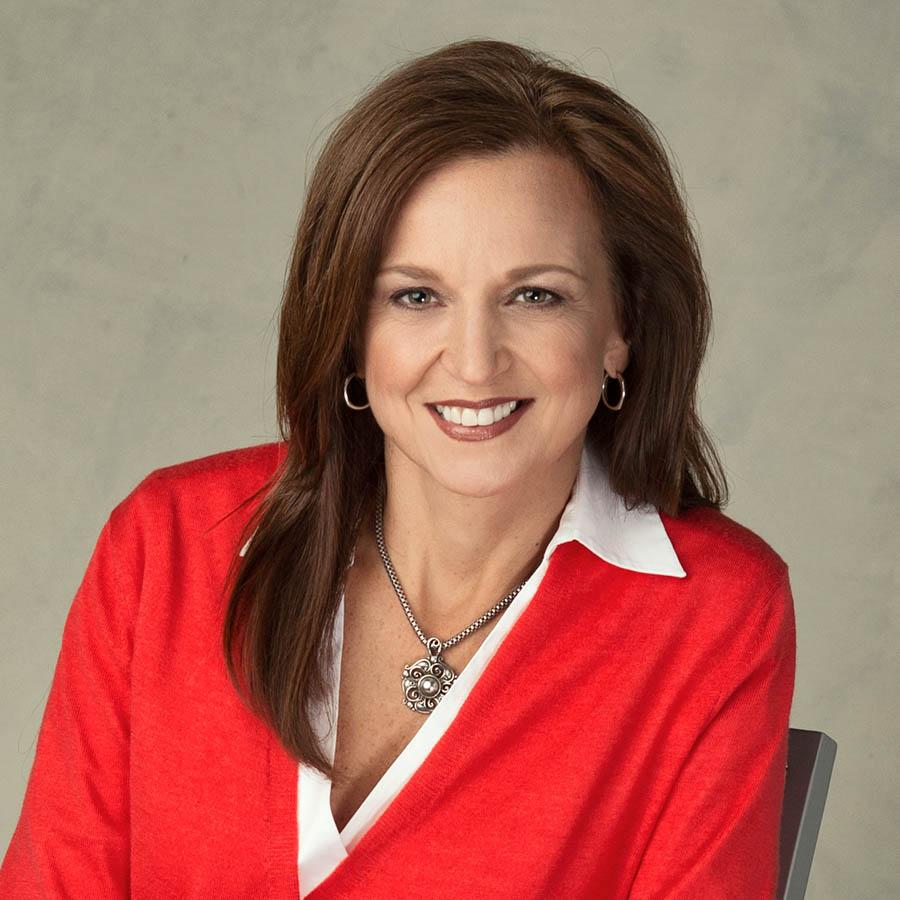“We're In It Together”: Booz Allen's Talent Strategy Officer Talks Leadership, Inclusivity, and Managing Through Crisis

Since the COVID-19 pandemic began in March, employees worldwide have been dealing with a broad range of circumstances, challenges, and needs. Some struggle to balance their childcare, school, and their day-to-day jobs while others grapple with isolation. Throughout, people with marginalized identities—in particular, people of color—have experienced disproportionate health impacts and a higher death rate, as well as the effects of structural racism and systemic discrimination. Then in June, those inequities were brought urgently to the forefront as global protests highlighted the traumatizing acts of racism and injustice Black Americans continue to face every day, and many organizations began the complex work of examining the biases within or enabled by their own systems – while working to support their employees already living in a fraught environment.
“We’re dealing with a broad spectrum of different needs, circumstances, and situations. Leading in the talent space, we need to make sure we’re managing to all of them,” said Booz Allen Senior Vice President Aimee George Leary, who leads talent strategy for more than 27,000 Booz Allen employees worldwide.
To help organizations empower their employees during these challenging times, the U.S. Chamber of Commerce Foundation recently hosted a series of webinars on building an inclusive workplace culture in times of crisis. In the series’ third panel, “Leadership Matters,” Leary joined executives from Porter Novelli, AT&T, and the Raben Group to discuss issues ranging from the digital divide and mental well-being to disability inclusion, unconscious bias, allyship, and more.
Putting people first, from the top down
How can leaders most effectively support and advocate for employees right now? Leary talked about Booz Allen’s “people first” philosophy, supported by actions like:
- Encouraging work-life balance through shorter meetings, clear boundaries, and collaborative tools that facilitate flexible workdays
- Setting a personal example through leaders being transparent about their own need for breaks, rest, and to preserve their family time
- Communicating openly and candidly through town halls, newsletters, easy-to-find aggregated content, toolkits for organizational leaders, and more
This “top-down, team-oriented, organization-wide push” includes tools and resource guides for leaders and a series of firmwide Fireside Chats held regularly over the last several months. “We’ve opened it up to everybody in the firm to call in,” Leary said.
Listening, learning, and taking action
When protests began in early June against long-standing racial and societal injustices, Booz Allen’s CEO and executive team authored a letter asking employees across the firm to share their thoughts and recommendations for affecting change inside and outside the company. They received more than a thousand emails and countless calls from employees sharing personal stories, fears, frustrations, and recommendations for action. “We don’t have all the answers, but the heartfelt feedback that we got really gave us direction,” said Leary. A week later, the firm announced a six-point equity agenda to help move forward as a firm and drive lasting social change.
Leary and other speakers shared examples of how their organizations are taking action for employees and communities, such as:
- Examining business practices through an independent review of their impact on people of color
- Encouraging reflection and mental health through honoring holidays like Juneteenth, re-dedicating holidays like Columbus Day, sharing tips and resources, and allocating time after meetings for rest and recovery
- Accelerating learning for all employees through formal education, best practices on allyship, and expanding difficult, emotional conversations
- Intensifying investments and accountability through increasing the representation of people of color at all levels and making racial and social justice a major element of corporate philanthropy
Adapting policies to new realities
As organizations worldwide continue to manage the impact of COVID-19 on their workforce, Leary and others shared how their organizations have helped employees who can work from home do so in the best way, redirected those who can’t to new tasks, and developed policies to support the full breadth of employee needs.
As Booz Allen moved to mandatory telework, reprioritized $100 million toward employee support and resilience, and more, the firm has stayed focused on protecting the health and safety of employees, their families, and their communities, continuing to support the critical missions of clients, and ensuring the financial and institutional resiliency of the business.
“When this all began, we took a look at our values and the commitment we’re making to our people,” Leary said. “We put forward that we’re all in it together, and that really touched multiple stakeholder groups for us.”
Meeting employees where they are
Speakers also talked about COVID-19’s specific challenges for people working from home who are also caregivers, parents (especially single parents), and those who are systematically more vulnerable, like lower-income people, women, and trans people of color.
How does meaningful support translate across a global workforce of 27,000? Leary shared examples of how Booz Allen is responding in priority areas including:
- Job security—helping employees access tools for telework as well as new projects or reskilling when needed
- Flexibility—augmenting paid time off hours and policies to accommodate shifting responsibilities
- Dependent care—boosting contributions to flexible savings accounts so parents can cover at-home daycare while they “save their spot” at their regular provider
“Our objective was to create a plan, create sufficient optionality to support a very diverse workforce and their needs, and meet employees where they were,” Leary said.
View the full webinar here, learn more about diversity and inclusion at Booz Allen and Booz Allen’s COVID-19 response.

